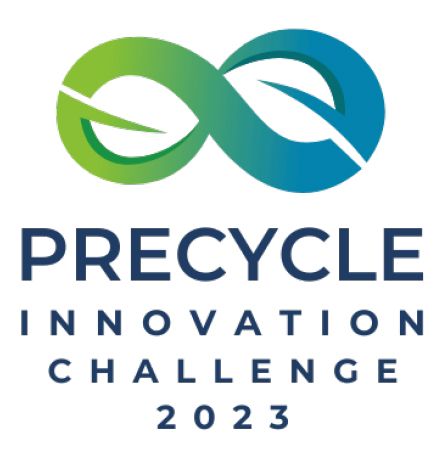Population growth and the desire for more prosperity is inevitable, according to a study from the Netherlands Organization for Applied Scientific Research (TNO). This report describes a shift to an economy that is sustainable in the long run by using waste streams as valuable resources. Washington State has also embraced the circular economy with several initiatives. All parties agree it relies heavily on innovation. Below is the outline of a successful Washington incubator program: The PreCycle Innovation Challenge.
Over the last decades, we have already made more efficient use of resources. Recycling has become a familiar practice and the world economy used approximately 30% fewer resources in 2005 to produce one unit of GDP than it did in 1980.
In absolute terms, however, the use of natural resources is still increasing.
Decoupling economic growth from resource use is the focus of global organizations to prevent a massive expansion of our current, unsustainable, western consumption-based society.
The role of government
The Netherlands has traditionally had great faith in the function of ‘an expert and analytical’ government, to balance the judgments of opinions brought forward by stakeholders due to their individual (corporate) interests. The Dutch TNO report mentioned the government could also stimulate market demand as a ‘launching customer’.
In Washington state, the WRAP ACT is a 2023 legislative measure that establishes a program requiring producers of consumer products to fund statewide residential recycling services for packaging and paper products. This bill is highly criticized by the conservative think tank Washington Policy Center. It allegedly ‘stifles innovation’ due to the influence of stakeholders protecting their own interests when it comes to innovative approaches.
Other manufacturers should also be held accountable for excessive waste. For example, Apple’s M1 MacBook has a specific Activation Lock feature that prevents refurbishment or donation. Therefore, millions of perfectly functional devices are sent to landfills!
About the PreCyle Innovation Challenge
The PreCycle Innovation Challenge returns for its second year after the pilot program’s success in 2022. Hosted by regional nonprofits Zero Waste Washington and Seattle Good Business Network, this incubator program aims to reduce and prevent waste across Washington state through innovation and entrepreneurialism. Participants of the program develop and pitch their startups to compete for prize money.
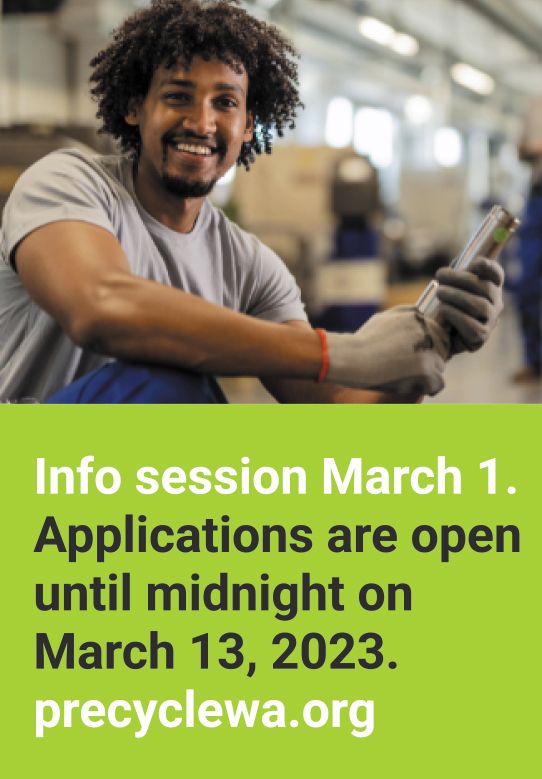
Preventing waste through innovation and entrepreneurialism
Teams and individuals in the PreCycle Innovation Challenge participate in a series of workshops and are paired with a mentor from a relevant sector. The 29 teams in the pilot program participate in workshops on circular business design, startup financial essentials, and how to prepare and deliver a strong pitch.
These skills are put to the test in the program’s pitch competition, which has finalists competing live at the virtual Innovation Summit with an audience of 160 attendees. Winning teams, runners-up, and audience favorites are awarded prize money based on their final pitches. Last year’s can be seen on the PreCycleWA.org website.
PreCycle 2022 winning team Just Right Bite, a woman-owned startup from a group of University of Washington graduates, sought to reduce waste from livestock production in an unexpected way: insect-based dog food. This dog food not only reduces waste from traditional livestock production, but creatively utilizes organic waste to grow their key ingredient: Black Soldier Fly Larvae. Just Right Bite founder Mallory Morse shared that winning their track in PreCycle “helped move the needle and change [their] company from an idea to a revenue-generating venture.”
After participating in the early-stage startup program PreCycle, four teams went on to continue their development in NextCycle — an accelerator program for late-stage startups, as well as early-growth and mature-stage projects.
This year, the PreCycle Innovation Challenge is taking the program to the next level. Teams and individuals that participate in PreCycle can expect to gain free access to workshops and sector-based assistance from experts in the field, get connected to 1:1 technical assistance, and find a community and network for their venture to grow.
Anyone with a for-profit, nonprofit, community-based, or tribal product, service, or idea — as long as it’s one that reduces, prevents, or creatively reuses Washington waste — is encouraged to apply. PreCycle applications are eligible from any waste-reducing venture in the Pacific Northwest Region that either directly targets or could be scaled to target a waste stream in Washington state. The program is funded in part by the Washington Department of Ecology, and supported by partners across the PNW.
Inspiring examples of a circular economy at work: ‘Waste’ becoming a valuable useful resource for new products and services. Get your creative juices flowing!
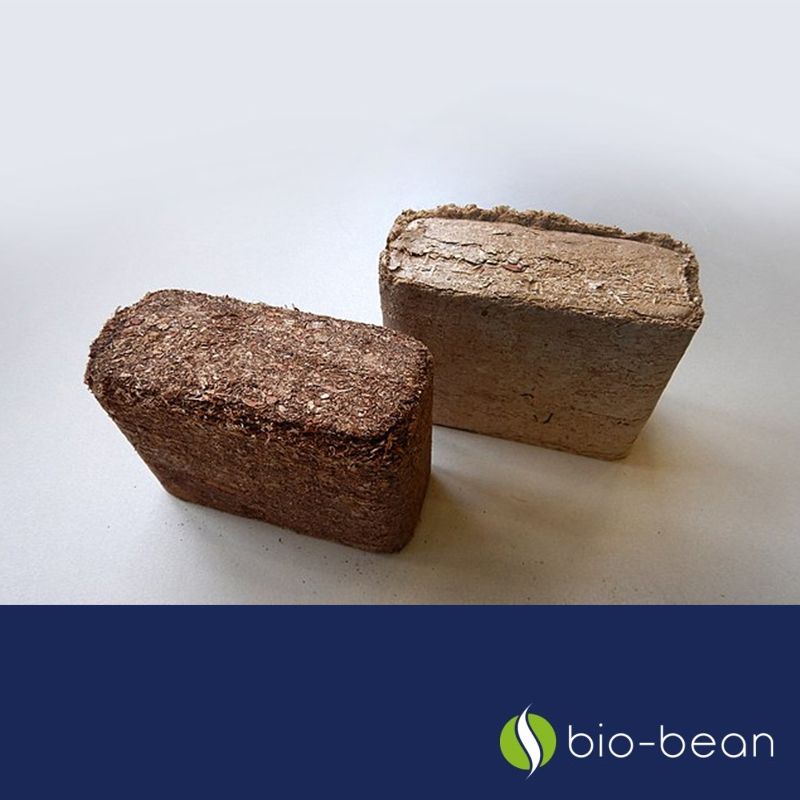
Reusing Coffee grounds
Bio-bean was founded in 2013 by an architecture student and is today the largest coffee recycler in the world. Bio-bean works with waste management companies, coffee shops, and other businesses in the UK to collect used coffee grounds, which are then processed and transformed into a variety of sustainable products, such as solid biofuels (pellets) for use in the home and by industry. The process reduces CO2 emissions by 80% compared with sending grounds to landfill.

Recycling Glass
Glass has the potential to be recycled into new glass over and over without degradation. However, in many small rural municipalities like Walla Walla, glass has
become a throw away commodity because of a lack of funding for glass transport to manufacturers. Ground2Ground Glass works with the Glass Packaging
Institute (GPI) to economically get their glass bottles to glass manufacturers.
https://www.ground2ground.com/our-project
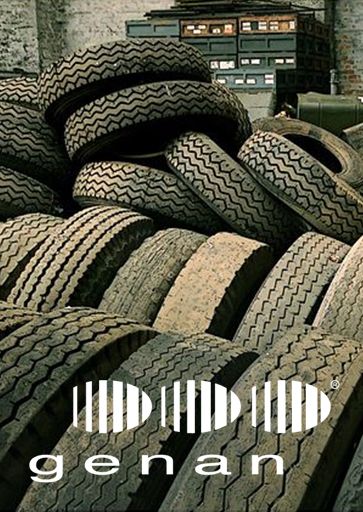
Recycling rubber tires
In May 2014, the world’s largest tire recycling plant in Houston, Texas was ready for full operation, bringing the total Genan processing capacity to 375,000 tonnes of tires per year. Genan is a Danish company started at the end of the 1970s that has developed a proprietary process to transform end-of-life tires into materials such as rubber, steel, and textiles for reuse in new products. Their Houston plant implements this unique recycling concept. The granular product is very commonly used to cover playgrounds and bike paths.
https://stateofgreen.com/en/solutions/genan-safe-playground-base-layer
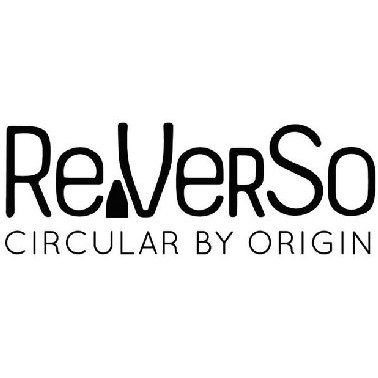
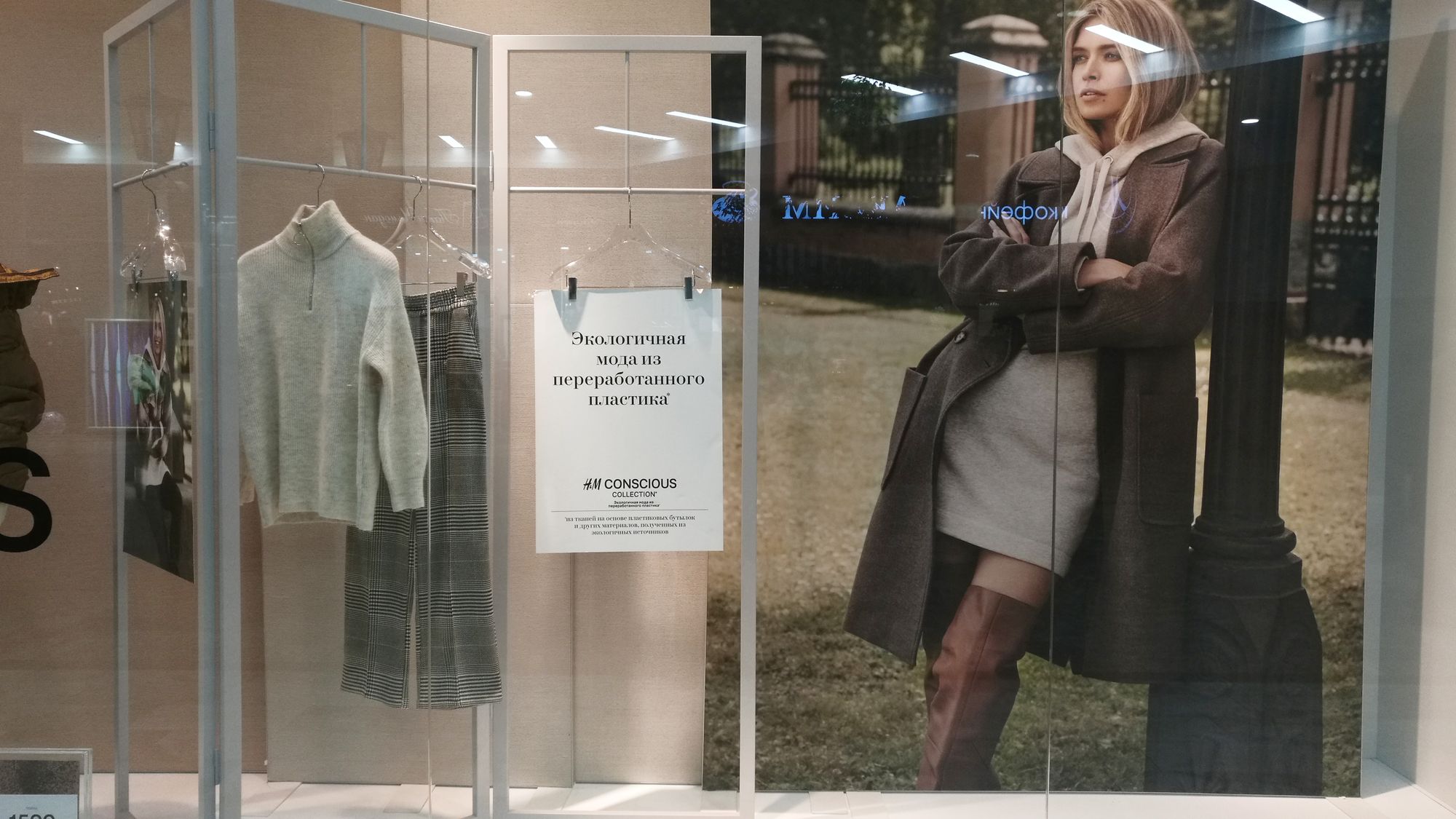
Recycling Cashmere
Re-Verso, a company in Tuscany, Italy, produces regenerated yarns and fabrics. As part of the Ralph Lauren recycling program, it receives materials like unwanted cashmere items from consumers in the US, the UK, and the EU in order to process them “to ensure maximum reuse of these noble materials.”
https://www.re-verso.com/takeback
https://www.nytimes.com/2023/01/24/fashion/ralph-lauren-cashmere-recycling-program.html
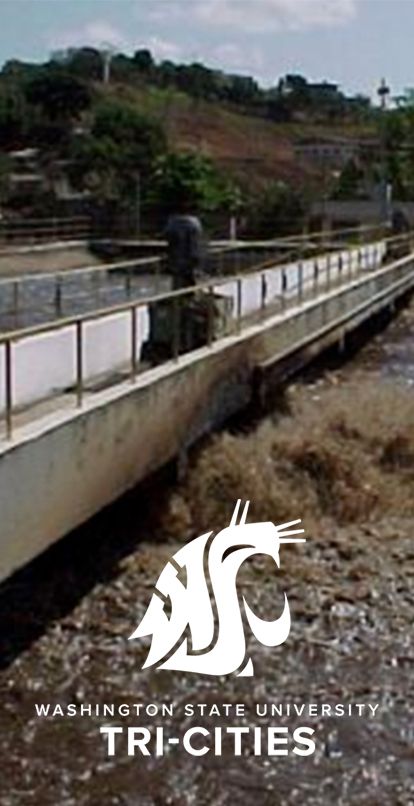
Sewage sludge
At our own Richland WSU, Dr. Birgitte Ahring is testing a sewage sludge process that converges more than 85% of the biosolids into biogas. Her solution should be able to work at large and small scales, and can be implemented in our local agricultural communities. Cities could produce enough electricity to power their own municipal wastewater treatment plants or fuel their municipal vehicles.
https://www.tri-cityherald.com/news/local/article268726897.html

Repair
The Repair Association is advocating for repair-friendly policies, regulations, statutes, and standards at the national, state, and local levels.This includes the right to access repair manuals, diagnostic software, and firmware, as well as the right to circumvent digital locks and other technical barriers that prevent repair. According to their website, you “should have the right to use it, modify it, and repair it whenever, wherever, and however you want. It’s our mission to make sure you can. We fight for your right to fix.”
Locate repair resources: https://www.repair.org
Or visit an online DIY source: www.youtube.com/@Tronicsfix
